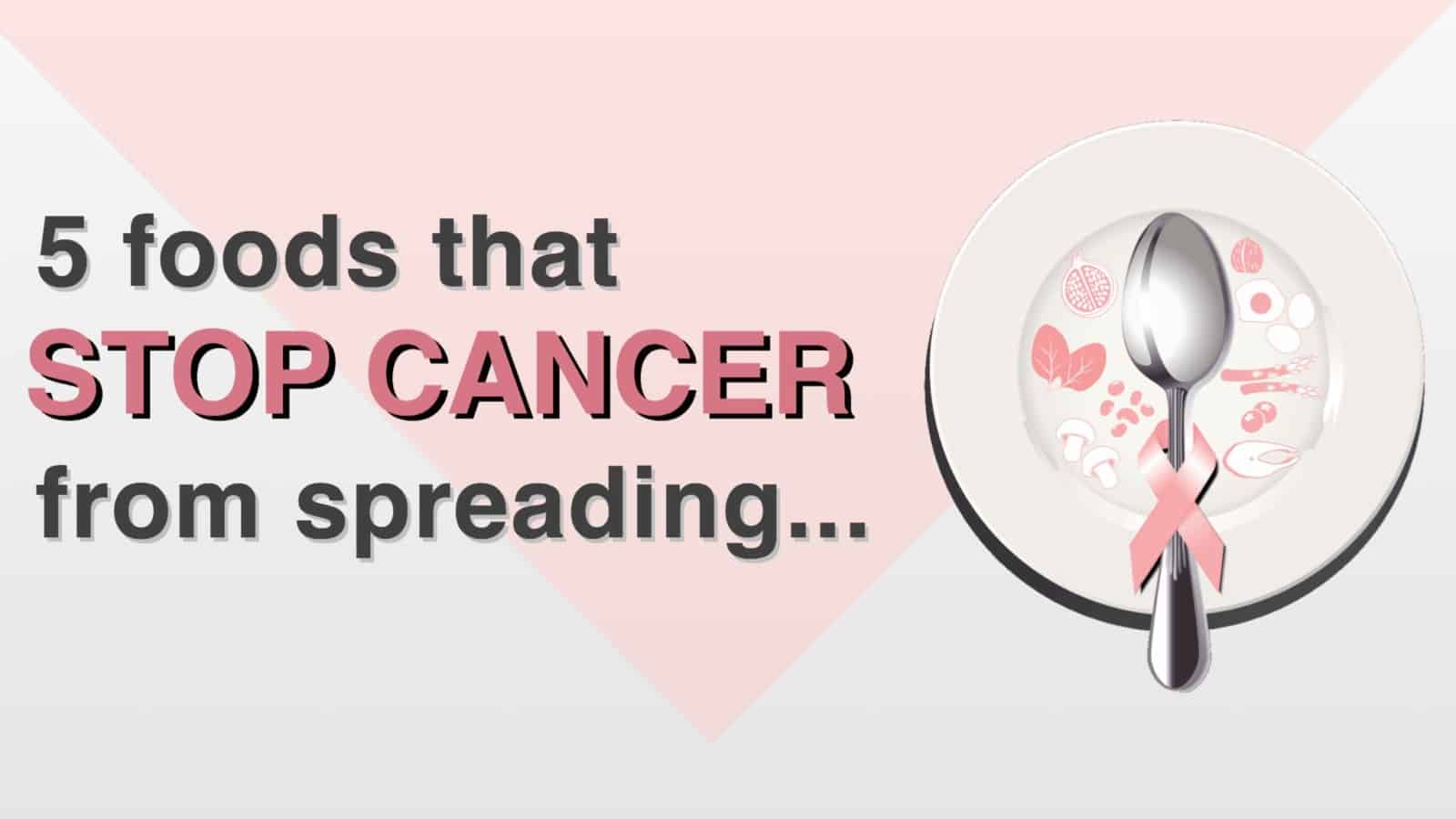“There’s been this myth about ovarian cancer being silent and people saying there’s nothing you can do about it. Well, that’s simply not true anymore.” – Dr. Barbara Goff
No one wants to think about getting cancer. Unfortunately, it’s a reality for so many. Ovarian cancer is something many women experience in their lives. Thankfully, there are early warning signs that can give clues to the onset of cancer. Many people refer to ovarian cancer as a silent killer, due to the fact that many of the symptoms can be mistaken for other issues by both doctors and women.
University of Washington cancer specialist, Dr. Barbara Goff added that, “There’s been this myth about ovarian cancer being silent and people saying there’s nothing you can do about it. Well, that’s simply not true anymore.”
You should always speak to a doctor about any abnormal symptoms. That being said, it’s important to know the warning signs. Knowing the signs is every woman’s greatest defense against cancer. Here are some of the early warning signs of ovarian cancer that every woman should be aware of.
Here Are 5 Early Warning Signs of Ovarian Cancer to Never Ignore
1. Abdominal pressure
It’s easy to confuse this symptom with other issues. Bloating, abdominal pain and pressure can be caused by any number of gastrointestinal issues. Likewise, bloating and abdominal pain can also be a symptom of the menstrual cycle. But abnormal abdominal pain, especially outside of your period, is a cause for concern.
“In studies, almost half of patients reported abdominal pain/discomfort and abdominal swelling/bloating,” says Dr. Elizabeth Jewell. Talk with your doctor if you’re having bloating or pain in your abdominal area and you’re concerned that it has no connection to your period.
2. Painful intercourse
If you regularly have penetrative sex, one symptom of ovarian cancer that is common among women is painful intercourse. Ovarian cancer can cause cysts in the ovaries, which can cause sensitivity in the vagina and cervix. This increased sensitivity can cause intercourse to be painful. Many other things can also cause painful intercourse, from sexually transmitted diseases to yeast infections. If you’re having problems with penetration being painful during sex, you will want to speak to your OBGYN as soon as possible.
3. Irregular menstrual cycle
For most women, menstrual cycles come every 25 to 28 days. They usually last anywhere from 3 to 7 days each cycle. By adulthood, many women can set their calendars by their menstrual cycles. However, one of the early signs of ovarian cancer is an irregular menstrual cycle. This could mean missing a cycle, being late on a cycle, or your cycle coming early. This can also include abnormally long, heavy or irregular bleeding during your menstrual cycle.
According to a study by a group of scientists, “Our data suggest that moderate and severe pain during menstrual period is associated with increased risk of epithelial ovarian cancer.” Always keep an eye on your menstrual cycle and let your OBGYN know when there are irregularities or abnormalities.
4.Vaginal bleeding
For most women, blood is no surprise. However, there’s a difference between the shedding blood of the uterine lining and vaginal bleeding. Period blood is often thicker and darker in color. Vaginal bleeding will have a different consistency and may include pain. If you’re bleeding outside of your menstrual cycle, you want to contact your doctor as soon as possible, especially if the blood seems like a different color and consistency than your normal menstrual cycle. Vaginal bleeding is one of the most common signs of ovarian cancer. Keep an eye out and talk to your OBGYN if any abnormal bleeding occurs.
5. Loss of appetite
Most people don’t notice, or even know, that a loss of appetite is a common symptom of ovarian cancer. This is why ovarian cancer is so hard for women to notice in themselves without the help of an OBGYN, or without knowing the symptoms. However, loss of appetite is one of the hidden symptoms of ovarian cancer. Along with loss of appetite, women may also experience feeling full quicker, or only being able to eat small meals. Afterwards, most women feel swollen in their abdominal area. If this symptom shows up, along with any of the others, seek a doctor as soon as possible to make sure ovarian cancer isn’t the culprit.
Final thoughts
Ovarian cancer is a concern for many women. If you have a history of cancer in your family, you’ll want to be on the lookout for new or abnormal symptoms when it comes to ovarian cancer.
According to a group of scientists, “Ovarian cancer is not a silent killer… Recognition of the significance of symptoms described by women could lead to earlier and more appropriate referral.”
Speaking with your doctor when symptoms come up will be your first line of defense against ovarian cancer. Most women aren’t able to catch the symptoms early enough. However, early detection can make remission of ovarian cancer extremely likely and change the tides.


















